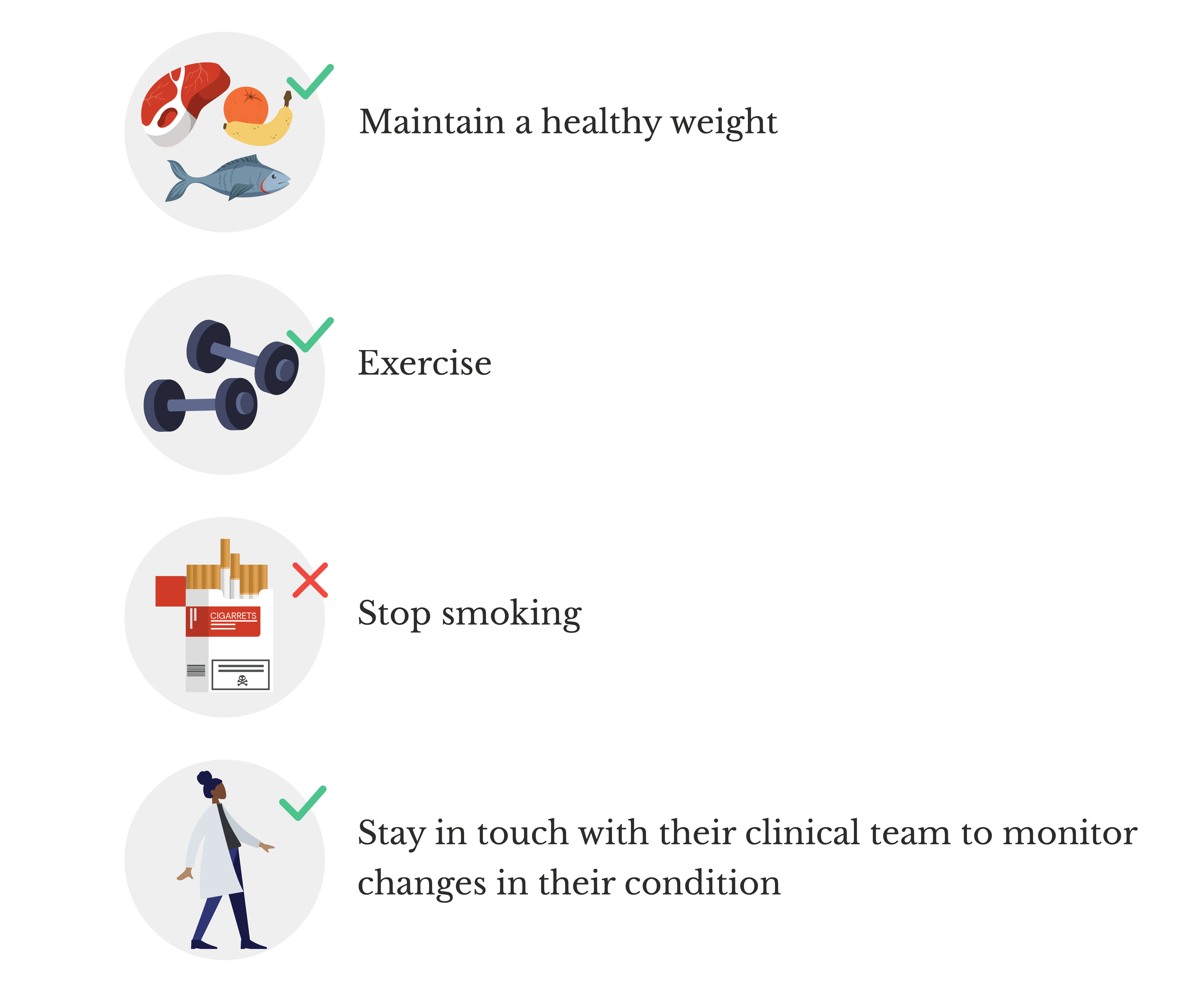Feb 16, 2023
Finding support for kidney disease
Rick Greer knew he wasn’t doing well. The Berkeley, Calif., graphic designer and musician had lived with diabetes for years. But about six years ago he was diagnosed with stage 4 chronic kidney disease.
Not only did he need help managing his health conditions, Greer needed advice, guidance, and support — someone to share what he called “the burden of care,” who would allow him to live his life, slow the progress of his disease, and help him learn more about his eligibility for a kidney transplant.
He found support from Cricket Health, a seven-year-old digital health company that uses data to identify people with kidney disease early and provides practical information, interventions and clinical support online and by phone to help them better manage their disease.
“The thing I have found most helpful has been the tremendous professional support and the frequency of support that was available to me,”

- Greer said
What causes kidney disease?
Diabetes and high blood pressure are the most common causes of kidney disease. In fact, about 1 in 3 diabetics, like Greer, will develop chronic kidney disease. Elevated blood sugar can damage blood vessels in the kidneys, limiting their ability to do their job: filtering impurities out of the blood and removing excessive fluids from the body.
Chronic kidney disease can increase the risk of heart disease, heart failure, and stroke, which are leading causes of death in the U.S.
And it can be difficult to diagnose.
“It is a silent disease with a long trajectory, and it can be years before lab tests indicate there is a problem,” said Mary Lania, a registered nurse and senior director of utilization and case management at Blue Cross Blue Shield of Massachusetts, which is offering the services of Cricket Health, an independent company, in a pilot program.
According to the Centers for Disease Control and Prevention, more than 37 million Americans may have some stage of kidney disease, yet 90% don’t know it. Even as the disease progresses, 2 out of every 5 adults with severe kidney disease don’t realize they are sick.
How can kidney disease be treated?
People diagnosed with chronic kidney disease regularly visit their primary care physician for help monitoring their health, and in advanced cases may see a nephrologist, a specialist in kidney disease who tracks how well the kidneys are working.
If chronic kidney disease progresses to stage 5, or “end-stage kidney disease,” patients are more likely to require treatments, including options known as “peritoneal dialysis” or “hemodialysis.”
Peritoneal dialysis is performed at home by the patient. A surgically implanted catheter delivers dialysis solution (water with salt and other additives) into the patient’s belly lining to filter the blood stream.
While hemodialysis can be performed at home, it is more likely the patient will travel to a special clinic or hospital up to three times a week where they are connected to a machine for up to five hours per session. The machine removes the patient’s blood via a needle in the arm, filters it, and returns to the patient via another needle.
A kidney transplant offers the best outcome for patients with chronic kidney disease. While the procedure has a high rate of success, it is a major surgery that comes with potential complications, clinicians note.
“We want to slow the progression of kidney disease in our members,” said Lania.
"The goals are reducing hospitalizations, helping patients improve their health so they are eligible for a transplant if they need one, reducing the need for dialysis — and if it does come to dialysis, offering members options to improve their quality of life such as dialysis at home, or an outpatient clinic that is convenient and less costly than traveling to a hospital."
To help manage chronic kidney disease, patients are advised and supported to:

A new approach to kidney care
That’s where companies like Cricket Health come in.
“Our model of kidney care is different. Patients have access to a Cricket Health care team that includes a dietician, pharmacist, and social worker, all anchored by a nurse who acts as a guide to ensure that the patient’s questions are answered, and concerns are addressed.”

- said Tamara Thomas, senior clinical director for the company.
The company reports that its patients experience 50% fewer hospital admissions than patients with chronic kidney disease in general, and that 60% of its patients who needed dialysis were able to start on therapies other than in-center dialysis, including in-home dialysis and transplant.
Cricket Health patients can interact with their care team by phone, video, or chat. The company also provides remote monitoring services for blood pressure, blood sugar levels, and other health measures. And patients have access to a library of articles, videos, FAQS and other educational resources.
Patients can also connect with trained mentors, people with kidney disease who are more advanced in their medical journey, or communicate with their peers with chronic kidney disease on the MyCricket platform, which gives them a sense of community and support.
Making connections
“The person I really connected with was Megan, the nurse who is part of my care team,” Greer recalls. “We had numerous conversations that were extremely supportive. I also had conversations with the pharmacist, the nutritionist, and the social worker, all of which were extremely helpful.”
Megan Evans, Greer’s Cricket Health nurse, remembers his first call.
“Rick’s overall goal was to lose weight, but his blood pressure wasn’t well controlled, and his kidney labs were unstable, and he was on several medications for his diabetes and blood pressure. He asked me, ‘Where do I start?’”
-said Megan
Over the course of a couple of years working with his Cricket care team, Greer learned about his disease, developed a diet tailored to his condition and, as he puts it, “dialed-in” his medication. He says his care team was readily available to fill in the gaps between quarterly visits with his nephrologist.
“All the people at Cricket Health that I’ve encountered have been extremely professional, compassionate, and willing to spend time talking about the things that I was having difficulty with — medication, and nutrition and sometimes even some of the psychological aspects of dealing with a chronic disease,” he said.
The results are remarkable. said Evans, who noted Greer’s relentless optimism and tenacity. “Rick is now an expert in his own health — he’s completely taken ownership of his health care.”
Having lost weight, with his blood pressure under control and lab tests showing his kidney function is stable, Rick is now eligible for kidney transplant evaluation, and hopes to be placed on the transplant list.
“I’m ecstatic,” he said of his progress.
It’s the kind of care you need when you have a chronic condition
Did you find this story informative?
All Coverage content can be reprinted for free.
Read more here.


